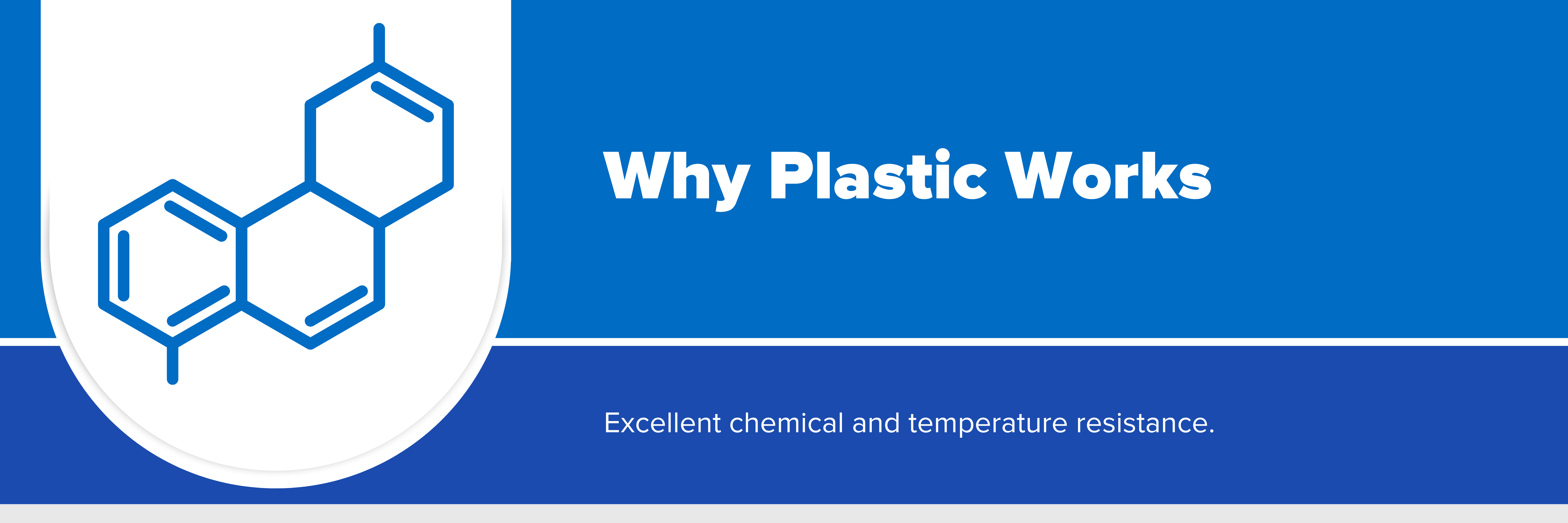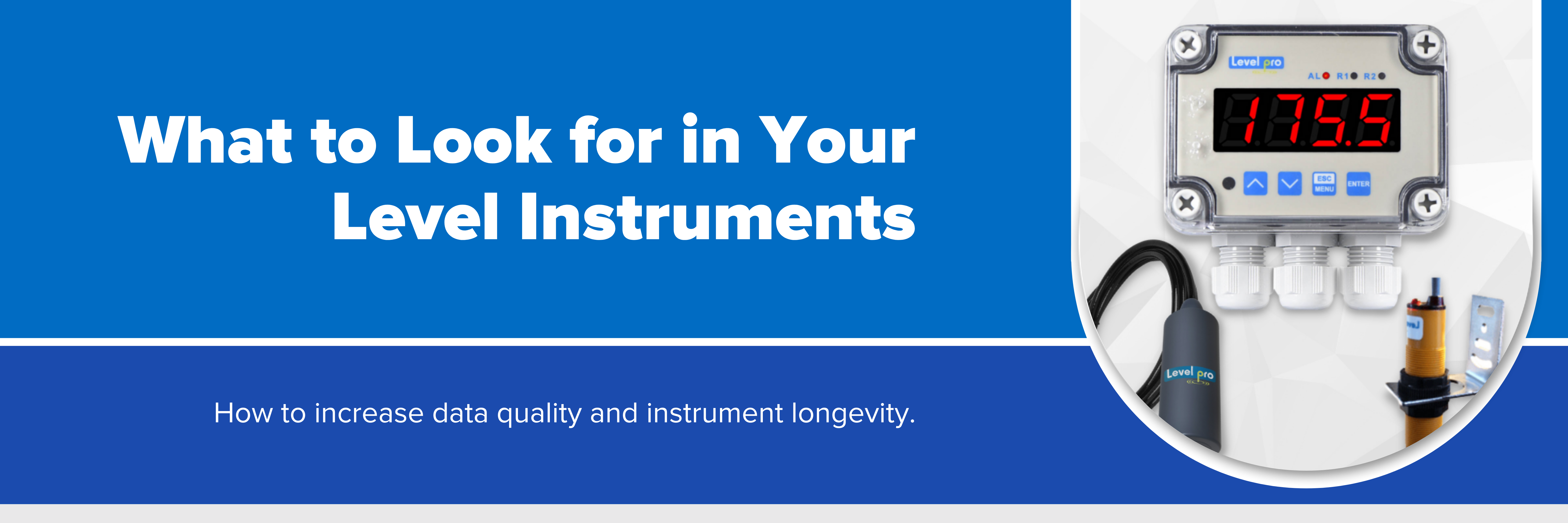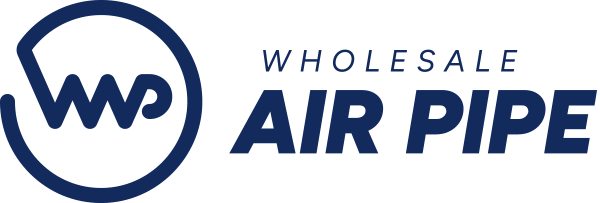Not All Plastic is Bad: Increasing Corrosion Resistance for Level Instruments
Okay, we get it, the title may have been a little gimmicky. But, when it comes to reliable level measurements from your level transmitters, level controllers, and level sensors, you might not always be able to rely on metal enclosures. In this blog post, we’ll go through why plastic enclosures are a popular choice for level instruments in hazardous or corrosive environments.

Why Plastic Works
Many flow applications require their instrumentation to be exposed to wastewater, harsh chemicals, or corrosive process water. Without the right material, the sensor technology could wear down very quickly, leading to inaccurate measurements and/or periods of downtime to recalibrate or replace the instruments. It’s therefore important that the test and measurement instruments being used are made of materials that will fend off this corrosion.
So, why do operators turn to plastic for their level instruments? The chemical bonding of certain plastics lends itself to chemical resistance and high-temperature tolerances. This means that operators can be confident in their level measurements, even in harsh environments. After all, chemical leaks are dangerous and can be expensive to clean properly. Chemicals are expensive, so improper measurements that lead to excess chemical usage can be very costly. There are three main types of chemical-resistant plastics:
- Polyolefin: lightweight and relatively inexpensive. Extreme resistance to solvents makes them impossible to bond chemically, though heat welding is possible. Plastics in this category include polyethylene, polypropylene, HDPE, LDPE, UHMW, and PP.
- Polyvinyl Chloride: includes PVC and CPVC which are about 40% heavier and more rigid than their polyolefin counterparts. CPVC adds chlorine which makes its temperature resistance better than PVC. Both are able to be bonded by chemicals or heat.
- Fluoropolymers: the most heat resistant of the three categories, fluoropolymers tend to be softer and therefore more expensive to manufacture. Plastics in this category include PTFE, FEP, PFA, PVDF, and PCTFE among others.

What to Look for in Your Level Instruments
Level Pro is an example of a manufacturer that uses these types of plastics to serve corrosive and high-temperature applications. Let’s say you operate a large tank or sump that’s almost 100ft tall and holds chemicals for wastewater treatment. Reliability and performance over a long period of time are high on your priority list, so you look into chemical-resistant transmitters, leak detectors, and controllers. The Level Pro LP100 Series Level Transmitter has PVC, PP, and PVDF options that are suitable for a range of chemicals and temperatures. There are additional features that the LP100 Level Transmitter offers that help improve its performance even in the most aggressive liquid media. For example, there are no moving parts that help maintain its 0.5% accuracy over a long period of time. The ceramic sensing diaphragm has high resistance to corrosion, coating, and abrasion. This helps increase long-term stability and promotes performance repeatability. Finally, automatic temperature compensation helps to combat the ambient effect of temperature on the sensor’s circuitry, including the sensitivity span and bridge resistance.
If you are looking for continuous level measurement of aggressive liquid media, the aforementioned features can drastically improve the reliability of your measurement data. However, these features should extend beyond the level sensor in your process media. Make sure that your level controller is able to withstand tough environments as well. For example, to protect against splashing liquids, dust, or other elements, a tough enclosure is a must-have. To partner with the LP100 Level Transmitter, Level Pro also makes the TVL Series Level Controller with a NEMA 4X Enclosure that can handle the harsh elements of heavy-duty applications.
Many applications with harsh chemicals will include double-wall tanks, tank retention dikes, secondary containment sumps, or areas where process pumps and valves are needed. In these situations, precise, rugged, and non-contact leak detection technology is needed. The Level Pro LDS-YN Leak Detection Switch also utilizes an all-plastic body for corrosion resistance. This ensures consistent performance of its non-contact, ultra-sensitive electrostatic technology.
By seeking out the right features for your level instruments, you’ll be able to ensure accuracy and longevity even in the most challenging applications. Make sure that features such as corrosion resistance are included for all your level instruments–level transmitters, level controllers, and leak detectors–not just the level sensor in the process media. This will help operators rest assured that their process will be set up for reliable data and performance for the longest amount of time possible while mitigating the risk of costly repairs and downtime.

Still Need Help? Call an Engineer Today.
If this post still leaves you wondering what type of industrial instrumentation would work best for your application, our engineers would be happy to help you. Give them a call at 1-800-884-4967. Or, you can shop for a wide range of flow industrial instrumentation from top brands and even configure your product online. We offer free lifetime tech support with every product sold.










